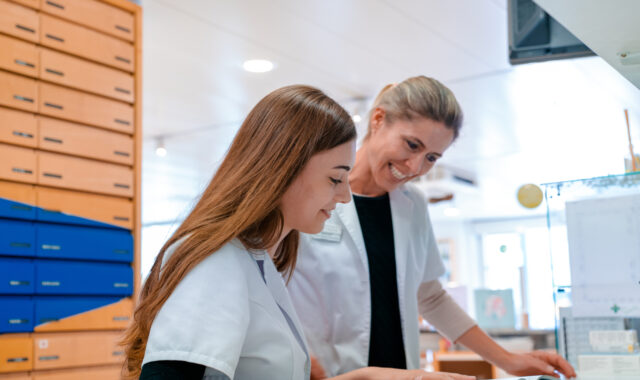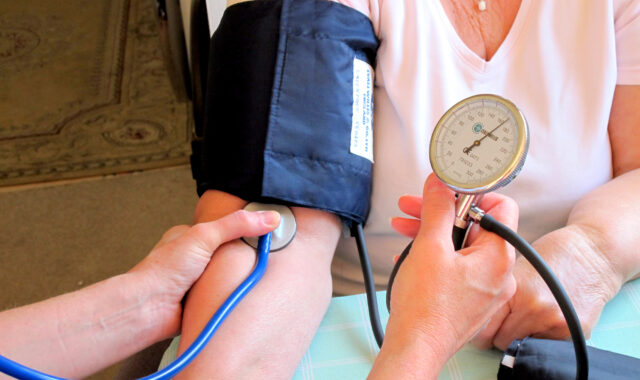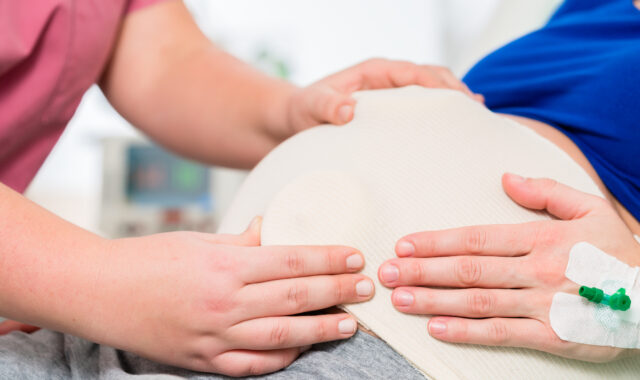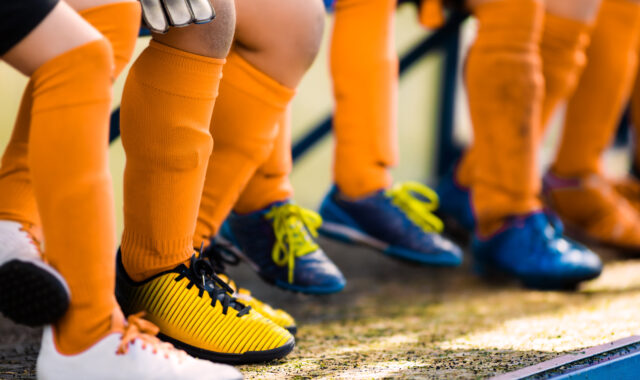
Aleena R.
Master of Pharmacy (MPharm)Which university are you studying at?
King’s College London.
What subjects and qualifications did you take at school or college (e.g. A Levels, IB, BTECs, EPQ)?
I took A levels in Maths, Biology and Chemistry.
Why did you decide to pursue this degree at university?
I wanted a degree that was quite practical but would also lead to job roles in a variety of fields, especially because I get bored very easily. I wanted my degree to be a mix of maths, biology and chemistry whilst also leading to a field where I can help others. I believe a pharmacy degree did all of this perfectly!
What does an average day or week at university look like for you (e.g. lectures, practicals, independent study, other interests)?
Each year consists of 4 different modules. Typically we have around 3 lectures everyday (except Wednesdays) and each day is dedicated to one of the four modules. We usually have Wednesdays off and these are for independent study – usually used to prepare any pre-work for labs, placement and dispensary workshops. This is only the theory side of the degree. Wednesday afternoons are also usually used to attend any events (if you’ve joined any societies).
The practical side of the degree consists of:
- Lab sessions
- Usually every few weeks and comprises group work
- Making tablets, creams etc., and then testing their effectiveness
- You then have to write a scientific report
- Placement
- Placements at community pharmacies and hospitals
- Placements at local charities to help develop social skills
- Sessions in the dispensary
- Learn how to check and correct prescriptions, identifying prescription and dispensing errors, and how to dispense medication according to pharmacy guidelines
- Learn how to educate the patient on their medication and answer their questions
- Communication workshops
- Learning different communication styles and practising pharmacist-patient consultations
- Tutorials
- To help better grasp difficult concepts
What aspect of your course do you most enjoy?
I most definitely enjoy the practical side of it the most. I really enjoy labs, as well as placement, because you get a real insight into putting what you’ve learnt into practice. We also do something called IPE (interprofessional education) where we get to do group work with other students doing healthcare courses. This really gives an insight of how all the different professionals (doctors, nurses, therapists etc.) work together to help patients.
What do you find most challenging about your degree?
The biggest challenge would be remembering the different diseases and the drugs that are used to treat these diseases. One drug can’t be used for everyone with the same disease as age, ethnicity or other medical conditions may influence the way the drug works. However, you practice a lot of this in preparation for the clinical exam, so by the end of the year you get the hang of it.
What are your aspirations after your degree?
I would like to work as a GP pharmacist, or maybe even go into industry and work in research.
What would be your top piece of advice for anyone wanting to study pharmacy?
- Make sure you stay on top of revision and lectures from the very start of the year. Organisation is key! If you fall behind one week, it will automatically have a knock-on-effect in the following weeks. Leaving revision last minute won’t work because there is way too much content to learn.
- Get a part-time / voluntary job in a pharmacy: it really helps you decide whether this is the right career path for you and the experience also helps with general studies.
- Study with others as it usually helps to get a better understanding.
- Make sure you don’t overwork yourself and that you make sure to take breaks etc. If you don’t, you’ll end up experiencing a burn-out.





Comments